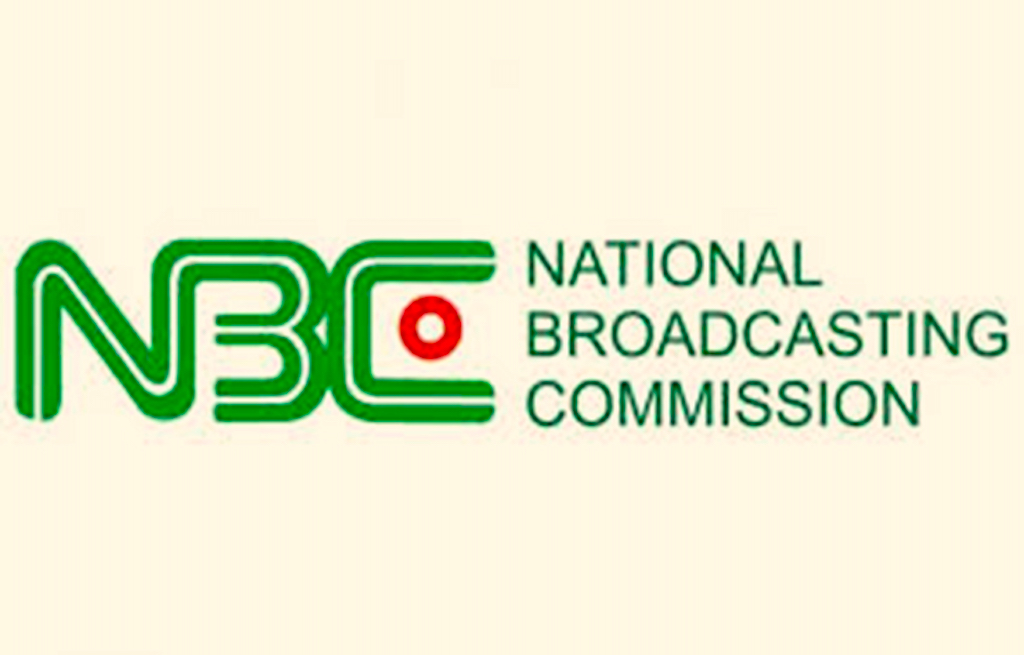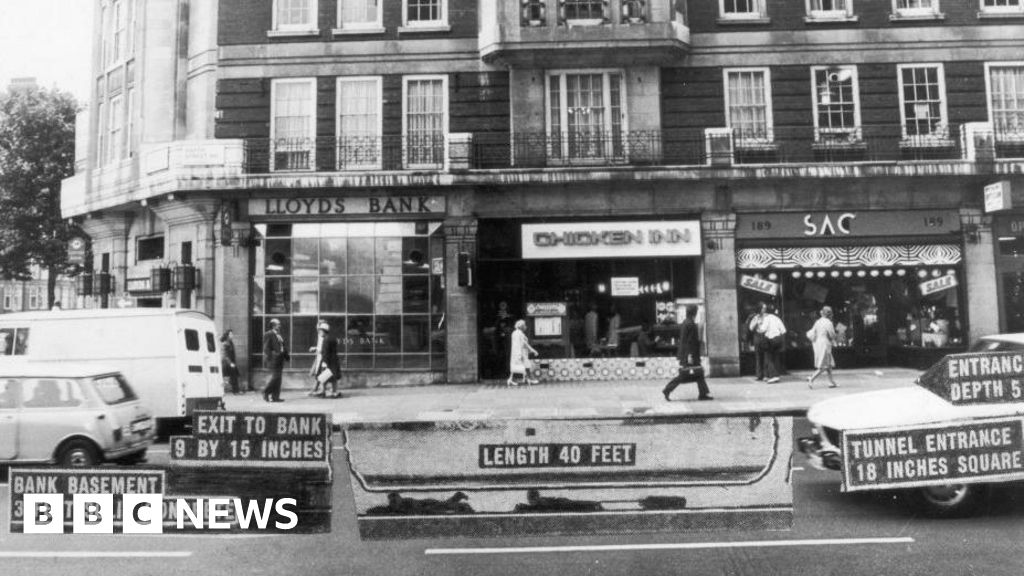- Dollar bonds issued by Nigeria were among the developing market assets that performed the worst on Friday.
- Concerns that the protests will obstruct the reform agenda caused its sovereign-risk premium to an eight-month high
- Analysts stated that political unrest and a challenging reform environment are having an impact on the pricing of Nigerian bonds
Nigeria's dollar bonds were among the worst-performing emerging-market assets on Friday, August 2nd, with its sovereign-risk premium rising to an eight-month high on worries that nationwide protests over rising living expenses will thwart the government's economic reform agenda.

Source: Getty Images
Bloomberg reported that this week's upheaval has claimed the lives of at least 13 people. This occured as a recent violent protests in another African country, Kenya, compelled the country to abandon important budget-raising efforts.
Certain investors might be concerned about a comparable result in Nigeria, where the implementation of President Bola Tinubu's policies has caused suffering for the populace.
The pricing of Nigerian bonds are being affected by political commotion and a difficult reform environment, according to strategists Alexander Rozhetskin and Luis Costa of Citigroup Inc.
They said in a note sent on August 1st,
“The sovereign bonds have been lagging over the last two months, particularly in the last weeks, as the noise around the cost-of-living protests is increasing.”According to preliminary statistics from JPMorgan Chase & Co., the extra average yield investors require to own Nigeria's debt in comparison to Treasuries increased by 23 basis points to 647 basis points on Friday. The spread would be at its largest level since November if it closed at this point.
A Bloomberg index of frontier and emerging-market sovereign dollar debt did better than Nigerian Eurobonds. The 2051 bond was the largest loser; as of 12:36 p.m. in London, its price had dropped to 75.4 cents on the dollar, the lowest level in more than a month and a decrease of 1.4 cents on the day.
The elimination of expensive fuel subsidies and increased trading freedom for the naira are some of Tinubu's reforms aimed at luring in international investment.
Still, 40% of the country's population lives in extreme poverty, and the protests are fighting against the economic changes that have drove inflation to a nearly three-decade high. Protest organizers have scheduled ten days of protests through August 10.
FG finally explains reasons for slow network
Legit.ng reported that the minister of communications, innovation, and digital economy, Bosun Tijani, claims that telecom companies were not given orders to halt network operations due to the demonstration.
On Thursday, Nigerians reported poor internet connectivity across all service providers; many explained the outage as a ploy used by the federal government to quell protests.
However, the minister refuted the federal government's role in the network interruption during his remarks on the subject.
Source: Legit.ng
















 English (US) ·
English (US) ·